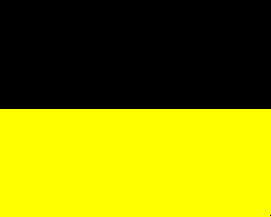


He guided Austria through many difficult crises during his tenure between 12 November 1918 until 7 July 1920. He signed away territories to Italy, Czechoslovakia, and Yugoslavia in successive peace treaties.
On 10 September, 1919, Renner was summoned by the Entente to sign the Treaty of Saint-Germain, which contained a clause fobidding Austria's union with Germany. Renner had formerly been the prime mover of unifying the weak rump Austria with Germany; however, opponents such as France and Czechoslovakia vetoed such a plan and killed it outright. Renner was replaced in the Chancery by Michael Mayr.
Following this, Renner advocated Austria's entry into the League of Nations, fulfillment of treaty obligations, and strict neutrality in foreign affairs, even after losing the Chancellorship. Renner became the leader of the Social Democratic Party's right wing during the 1920s, and he was president of the lower house of parliament from 1930 to 1933, a time of crisis and terrorism in Austria. In 1938, the Germans invaded and proclaimed Anschluss or the union of Austria with Germany. When asked for his opinion on the matter, Renner replied that it was merely the fulfillment of a program he had advocated back in 1919. Thus, he publicly supported Germany's annexation of Austria, although he later disapproved of their integration of the country.
Renner stayed out of public view following Anschluss and then World War II. With the collapse of Germany in 1945 and the occupation of Vienna by Soviet troops, Renner attempted to work with the Soviets to reconstitute an Austrian government. He formed a provisional regime and became the first chancellor of the reborn Austria in April 1945. On 20 December, 1945, parliament unanimously elected him president of the Second Republic. His work in placating the Soviets and proclaiming strict neutrality was fulfilled in 1955, when the Soviets withdrew from Vienna, the only part of their occupation the Soviets ever relinquished until the end of the Cold War more than 35 years later.
Renner wrote Österreichs Erneuerung in three voumes in 1916, and his memoirs, An der Wende zweier Zeiten in 1946. Karl Renner on died 31 December 1950, at Doebling in Austria.
GWS, 4/01
